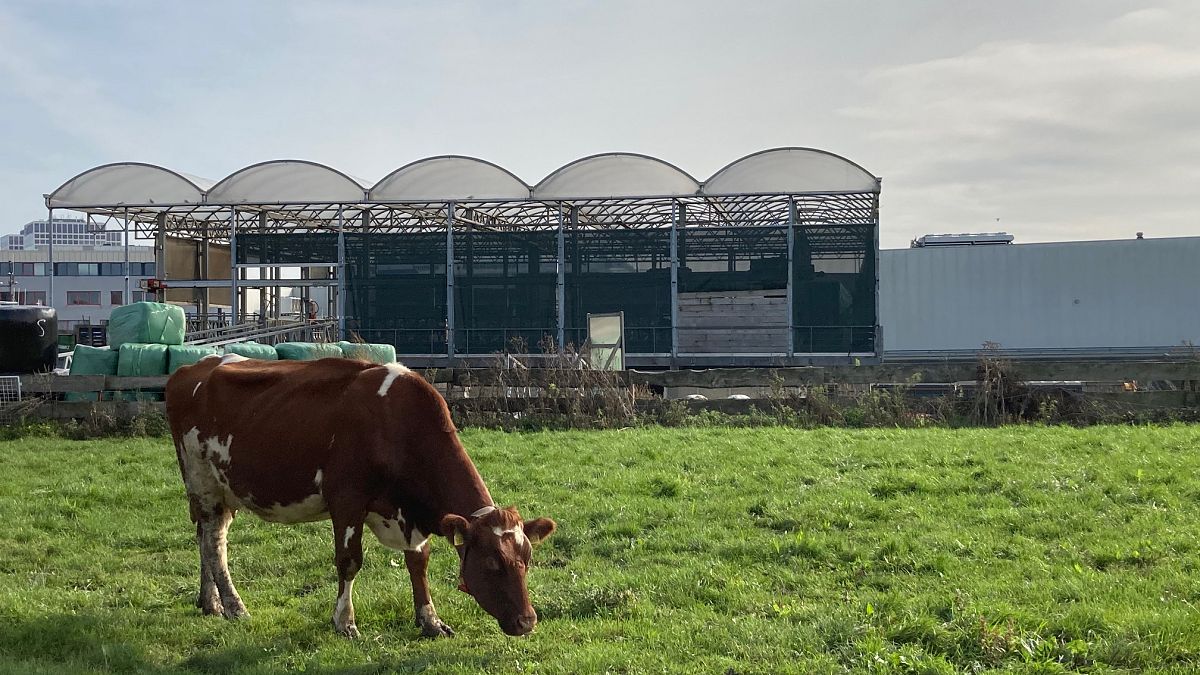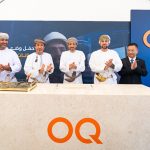The Floating Farm in Rotterdam is revolutionizing the farming industry by showcasing a sustainable and innovative way of raising cows on water. The project, founded by Minke van Wingerden, aims to demonstrate how farming can adapt to changing water and energy resources. The floating barn houses 30 cows across three levels, with solar panels and a wind turbine to minimize energy consumption. An automated robot collects manure on the upper floor, reducing emissions significantly.
The farm produces 600 liters of milk daily, which is sold locally along with yogurts and matured cheese. The concept of the Floating Farm is to ensure milk production regardless of weather conditions, with a focus on water sustainability. With global warming causing rising sea levels and water shortages, the farm collects rainwater for reuse and desalinates port water using heat from the manure. The European Environment Agency suggests new agricultural practices to reduce pressure on water resources.
The floating farm is part of a circular economy in Rotterdam, using waste products from the city like brewery leftovers to feed the cows. The success of the project has led to plans for future farms based on the same principles, although in different locations due to the port area’s transition. Initially met with skepticism from port authorities concerned about seasickness in cows, the project has gained international attention. Professionals from Asia and America are visiting the Netherlands to study the concept and adapt it to local needs.
As the global demand for sustainable farming practices grows, the Floating Farm in Rotterdam serves as a revolutionary example of how agriculture can adapt to changing environmental conditions. By utilizing innovative technologies like solar panels and desalination methods, the farm minimizes its carbon footprint and reduces its reliance on external resources. With a focus on water sustainability and a circular economy approach, the project offers a glimpse into the future of agriculture. Partnering with local businesses to recycle waste products and feed the cows, the farm demonstrates the potential for collaboration in building more sustainable food systems.
In a world facing increasing water scarcity and the effects of climate change, the Floating Farm provides a model for sustainable agriculture that can be replicated in different regions. By collecting rainwater and desalinating port water using heat from manure, the farm reduces its dependence on traditional water sources. The success of the project in Rotterdam has sparked interest from professionals worldwide, highlighting the potential for innovative farming practices to address global challenges. With a focus on proximity and collaboration with urban businesses, the Floating Farm represents a new approach to food production that prioritizes sustainability and resilience.










